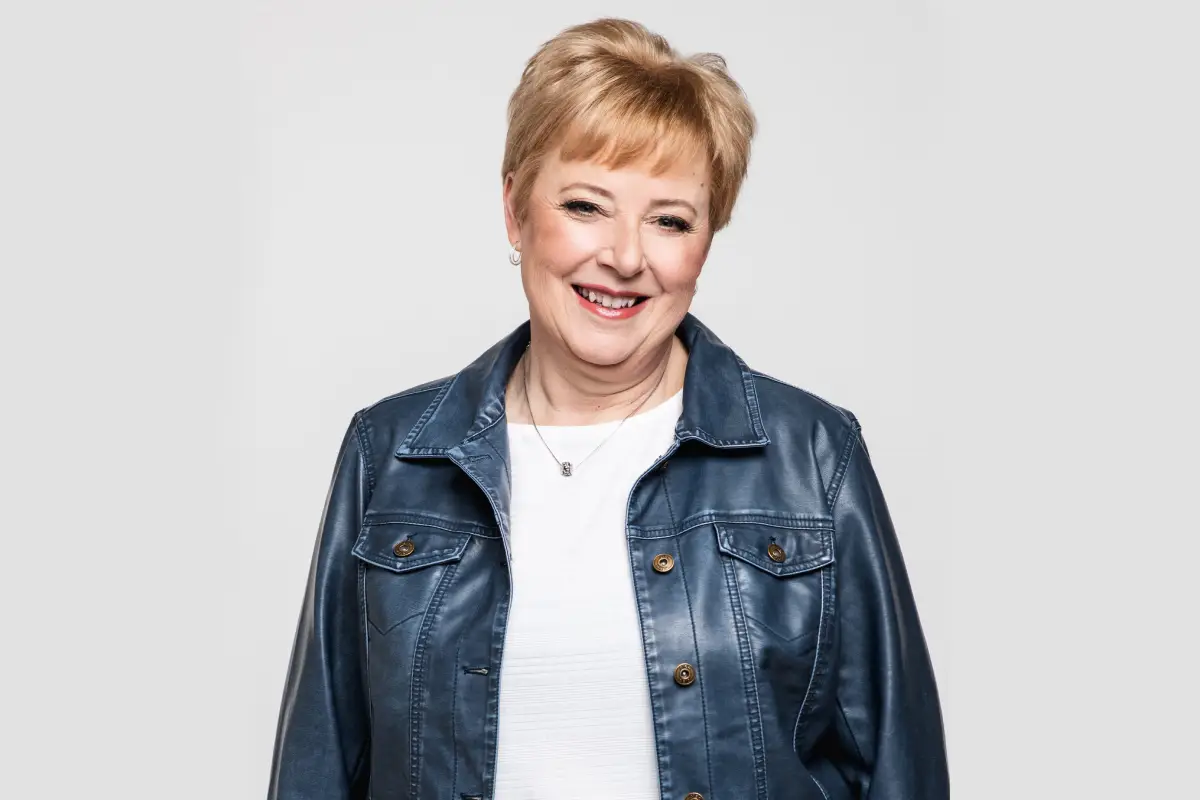Ellen Sparry has farming in her blood. It’s something the C&M Seeds’ General Manager says is a common trait among people in agriculture. It’s that hematogenic passion that has earned Sparry the 2018 Honorary Life Recipient Award from the Canadian Seed Grower’s Association. In February 2021, Sparry collaborated with others to form Seeds Canada, an amalgamation of four organizations that represents seed growers, analysts, breeders, and others in the agricultural industry. The Edge, A Leader’s Magazine spoke to Sparry about the challenges facing the Canadian agriculture industry.
What qualities would you say one must possess to be an influential leader in Canadian agriculture?
It takes passion, I suppose, for what you are doing and the topic you’re in. It doesn’t necessarily have to be agriculture. I think any career where you’re looking at leaders and those that are influencing it takes passion, I think, for that topic and that industry and that career.
Dedication. I like to refer to it as work-life integration now, not work-life balance, where we’re trying to blend everything together. Good people behind you, backing you up, whether it’s at work or colleagues or even your own mentors as you go through things. It’s funny, I never think of myself necessarily that way. I’m just kind of doing what I do because I’m passionate about agriculture, so I like to make sure there’s progress for us also.
Since its founding, what has been Seeds Canada’s biggest challenge? What do you see for the future?
I tend to think about the challenges of that amalgamation process and going through COVID. We had to do it all virtually, where our members were used to getting together face-to-face. I am the current president, but the challenges again are just bringing the organization together from a staff perspective, bringing members back into the room. There’s never a lack of challenges going forward. It probably will be different than what we are facing today.
Currently, 5.8 million Canadians are living with food insecurity. What can be done agriculturally to address this?
There are other things that obviously need to be addressed, making sure that we are helping farmers and helping our businesses to be successful. Technology is going to play a big part in making sure we can grow enough food for our growing population, for accessibility. I think there’s some challenges coming on how we do that. Something else of concern, particularly in Eastern Canada for us and in Ontario and Quebec, is maintaining farmland.
But, I think Agriculture’s role is to ensure we are growing an abundant crop of healthy nutritious food to feed into that food insecurity.
Your passion is rooted in your family. Forty per cent of the nation’s farmers are retiring in the next 10 years, few of them have succession plans. Do you find that that family connection is something we are losing?
I’m from a family farm and have a family as well. I think for a lot of people in agriculture, it seems a bit to say it’s in your blood. I think if you dig a little deeper into those stats—the older generation moving on—I think what we are seeing now are larger family farms. And those family farms are a business, like any business. So, I know there’s lots of dialogue about concern on corporate farms. Ninety per cent are considered family farms. They may just be running under a title. So, I think that’s still from a family perspective, I think it’s still there. It’s just they’re larger.
In 2021, 30 per cent of Canada’s farms were female-operated, up from 28 per cent in 2016. Despite this continuing rise, some have noted stereotypes are still rampant. What’s the best way to address them?
I think in the family farms, you know, the women play an integral role with the men, and they always have. For women, my favorite quote by Laurel Thatcher Ulrich is “Well-behaved Women seldom make history.” I think as women become more confident in their own selves and their own businesses; we’ll see that become even more evident. From an industry perspective, I think where the challenge comes in is for women who are working off the farm. I think we have a long way to go in childcare and making it more affordable. But I’m seeing lots of women in corporate roles within the agriculture industry, too. We’ve come a long way.
Kenny Hedges | Contributing Writer



















